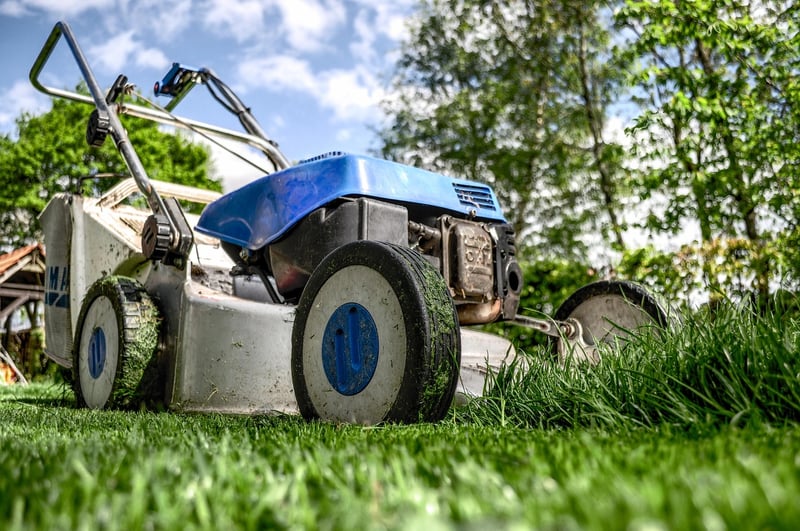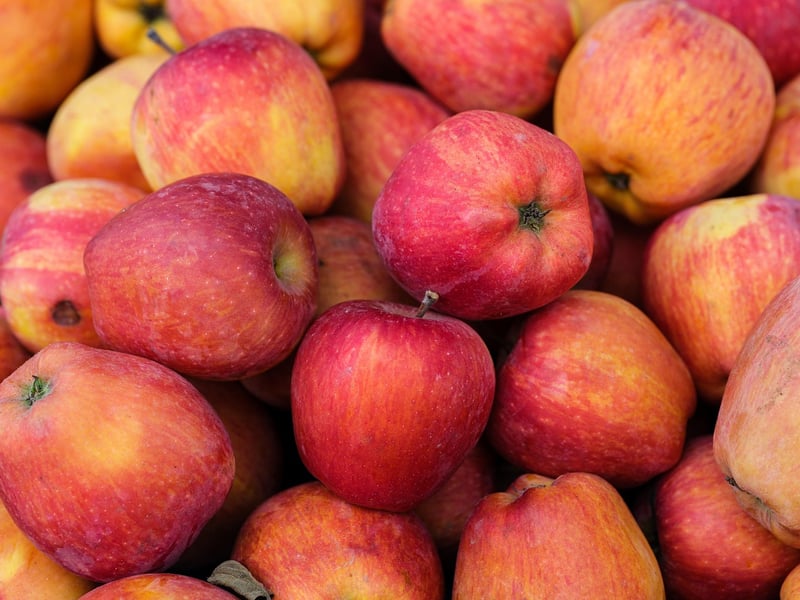Organic Solutions
Effective Pest Management in Gardens: Embracing Organic Solutions

Keeping your garden free from pests is crucial for maintaining healthy plants and vibrant blooms. While pests can be a nuisance, resorting to harsh chemicals can harm the environment and beneficial insects. Embracing organic solutions not only helps in pest control but also promotes a sustainable ecosystem in your garden.
Identifying Common Garden Pests
Before implementing pest management strategies, it's essential to identify the common pests in your garden. Some typical garden pests include aphids, slugs, snails, caterpillars, and beetles. Each pest may require a specific approach for effective control.
Organic Pest Control Methods
- Companion Planting: Planting certain flowers and herbs like marigolds, lavender, and basil can help repel pests and attract beneficial insects.
- Organic Sprays: Neem oil, garlic spray, and insecticidal soap are effective organic sprays to deter pests without harming plants.
- Beneficial Insects: Encouraging insects like ladybugs, lacewings, and parasitic wasps can naturally control pest populations in your garden.
- Handpicking: Regularly inspect your plants and handpick pests like caterpillars and beetles to prevent infestations.
- Barriers: Use physical barriers like row covers or copper tape to protect plants from crawling pests.
Maintaining a Healthy Garden
Aside from pest control measures, maintaining a healthy garden can also prevent pest infestations. Ensuring proper watering, adequate sunlight, and soil fertility can help plants thrive and resist pest attacks.
Conclusion
By adopting organic solutions for pest management in your garden, you can protect your plants, promote biodiversity, and contribute to a greener environment. Embrace these eco-friendly practices to create a flourishing garden that is in harmony with nature.
Remember, a balanced ecosystem in your garden is the key to a beautiful and sustainable outdoor space!
